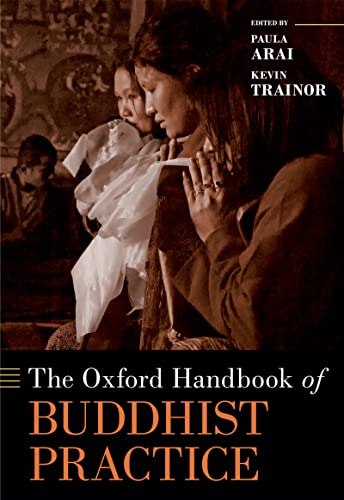
English | 2022 | ISBN: 0190632925 | 689 pages | True PDF EPUB | 81.51 MB
Popular representations of Buddhism often depict it as spiritual, disembodied, and largely devoid of ritual. Yet embodiment, materiality, emotion, and gender shape the way most Buddhists engage with their traditions. The essays within The Oxford Handbook of Buddhist Practice push beyond traditional representations of Buddhism as divided into static schools and traditions, highlighting instead the contested and negotiated character of individual and group identities.
This volume will serve as a corrective to the common misconception that Buddhist practice is limited to seated meditation and that ritualized activities are not an integral dimension of authoritative Buddhist practice. Essays in this handbook explore the transformational aims of practices that require practitioners to move, gesture, and emote in prescribed ways, including the ways that scholars' own embodied practices are integral to their research methodology. Authors foreground the role of the body, examining how the senses, gender, specific emotions, and material engagements impact religious experience. They highlight, as well, the multiplicity of methods and theoretical perspectives that scholars of Buddhism use in their research and writing, including field-based, textual, and historical approaches. Given the fluidity and diversity of Buddhist practices, the question that animates this volume is: What makes a given practice Buddhist?
Links are Interchangeable - No Password - Single Extraction



